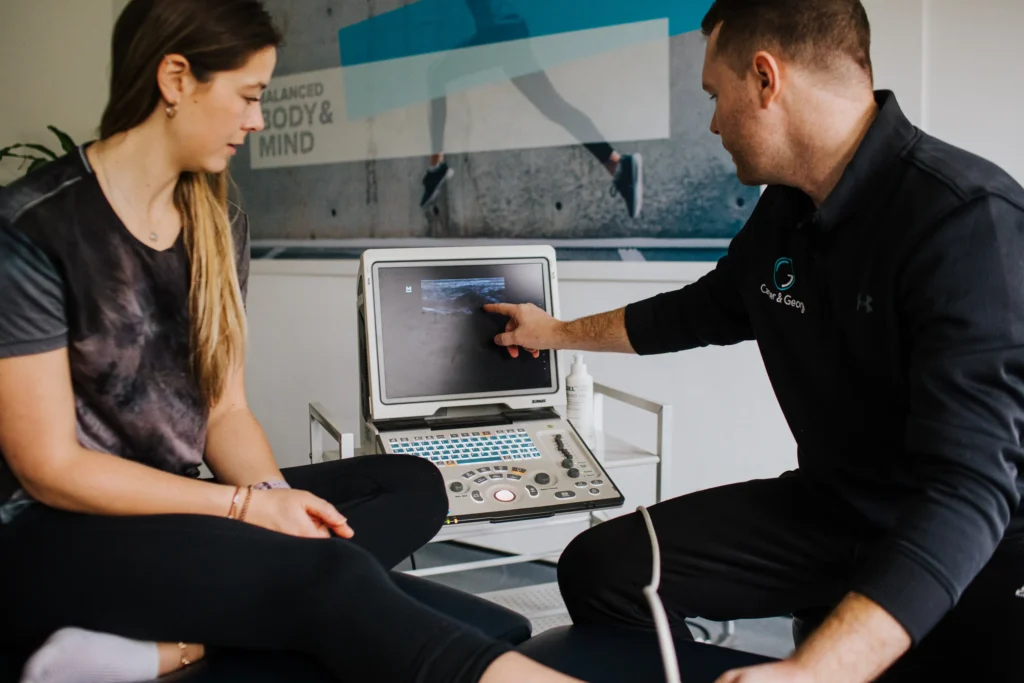An ultrasound is a medical imaging test that uses high-frequency sound waves to create live images of the body’s interior. This procedure enables doctors to visualize organs, tissues, and other internal structures without requiring an incision. The process is non-invasive and provides a detailed view of the body in real-time. Here are some questions to ask before an ultrasound:
What Are the Types of Ultrasounds?
Ultrasound technology is versatile, offering various procedures tailored to different medical needs. Here are some key types:
- Diagnostic: This type helps your doctor examine internal organs like your heart, liver, gallbladder, spleen, pancreas, kidneys, and bladder. It’s used to diagnose conditions or assess damage after an illness.
- Prenatal: If you are pregnant, this ultrasound monitors your baby’s growth and development throughout your pregnancy.
- Doppler: This specialized ultrasound evaluates blood flow through your blood vessels, including major arteries and veins.
- Transvaginal: This is a specific type used to get a clearer picture of female pelvic organs.
When Do I Need an Ultrasound?
Your healthcare provider will recommend an ultrasound based on your symptoms or medical condition. If you are pregnant, you will undergo ultrasounds at various stages to monitor the baby’s health and anatomy. If you experience pain, swelling, or signs of infection in a specific area, a doctor may order a test to examine the organs and tissues in that region.
Other reasons for needing this test include guiding needles for biopsies or draining fluid from a cyst. They are also used to detect issues with the thyroid gland, gallstones, or abnormalities in the abdominal organs. Your medical history and current symptoms will determine if a test is the right diagnostic tool for you.
How Do I Prepare For a Test?
Preparation for an ultrasound depends on the type of examination you are having. Some tests require no preparation at all. For a gallbladder or abdominal ultrasound, you may be asked to fast for several hours before the procedure to get clear images. For a pelvic ultrasound, you may need to drink several glasses of water and refrain from using the restroom to make sure your bladder is full. A full bladder helps move other organs out of the way, providing a better view of the uterus and ovaries. You will receive specific instructions from your healthcare provider’s office before your appointment, and following these helps the technologist obtain accurate images.
What Happens After the Test?
After the ultrasound is complete, the sonographer may ask you to wait while they verify that the images are clear for the radiologist. The radiologist, a doctor trained to interpret imaging tests, will analyze the results. They will then send a detailed report to the doctor who ordered your test.
Typically, there are no side effects, and you can resume your normal activities immediately. Your doctor will then contact you to discuss the findings and explain their implications for your health. This follow-up conversation is when you will learn about any next steps in your care.
Schedule an Ultrasound Today
An ultrasound is a common and useful medical imaging tool that provides your healthcare team with a look inside your body to diagnose conditions and guide treatment. Preparing for your appointment and knowing what to expect can make the process smoother. To learn more about ultrasounds, contact your healthcare provider today.

